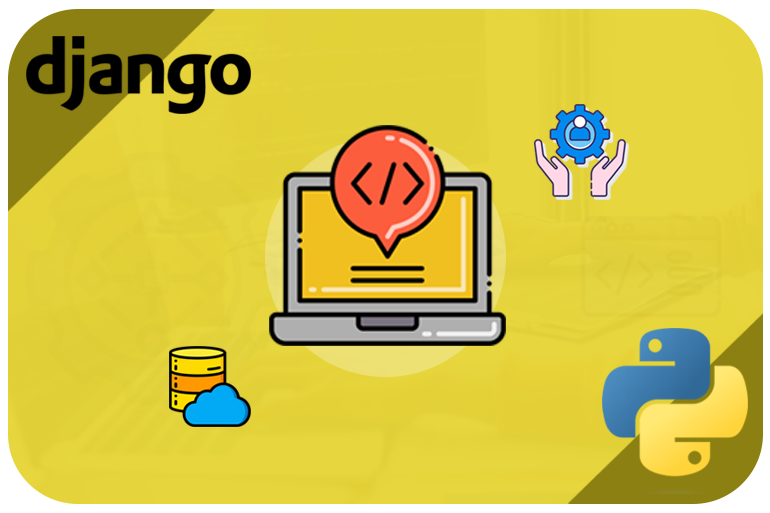News Blast: Your Daily Update
Stay informed with the latest news and trends.
Django or Not Django: That Is the Question
Django vs. Not Django: Discover which framework reigns supreme for your next project. Unlock the secrets to making the right choice!
Understanding the Basics: What is Django and Why Use It?
Django is a high-level Python web framework that encourages rapid development and clean, pragmatic design. It is built by experienced developers who understand the challenges that come with creating complex web applications. One of the primary features of Django is its MTV (Model-Template-View) architecture, which separates data management from the user interface, promoting organized and maintainable code. Additionally, Django includes a variety of built-in tools, such as an authentication system, an admin panel, and support for various database backends, all of which contribute to its robustness and flexibility.
Using Django simplifies the development process significantly. Its convention over configuration philosophy means that developers can focus on writing the code rather than spending time on repetitive tasks. Django promotes best practices and security measures, making it a great choice for developing scalable applications. With features like URL routing, form handling, and automatic database migrations, developers can deliver projects more quickly and efficiently. Thus, Django is an ideal framework for anyone looking to build secure, maintainable, and high-quality web applications.

Django vs. Other Frameworks: Which One is Right for Your Project?
Django, a high-level Python web framework, is known for its rapid development capabilities and an emphasis on clean, pragmatic design. Its powerful built-in features such as an admin panel, ORM (Object-Relational Mapping), and security measures make it an excellent choice for projects that demand a strong backend structure. However, when comparing Django to other frameworks like Flask, Ruby on Rails, or Express.js, it's essential to consider the specific needs of your project. For instance, while Flask offers more flexibility and simplicity for smaller applications, Django's comprehensive set of tools is preferable for larger, more complex projects.
In deciding between Django and other frameworks, analyzing project requirements, team expertise, and long-term scalability is crucial. Here are a few factors to consider:
- Project Size: Django is ideal for larger applications due to its scalability.
- Learning Curve: Developers familiar with Python may find Django easier to adopt compared to learning a language-specific framework like Ruby on Rails.
- Performance: While Django is not the fastest framework available, its robust architecture can handle significant traffic when optimized correctly.
Ultimately, the right framework depends on the balance of these factors and your unique project goals.
Top 5 Reasons to Choose Django for Your Next Web Application
Django has rapidly gained popularity among developers for creating robust web applications, and for good reason. First and foremost, its batteries-included philosophy means it comes with a plethora of built-in features, including an authentication system, URL routing, and an admin panel, allowing developers to focus more on building unique functionalities rather than dealing with repetitive tasks. Additionally, the framework is designed to be scalable, making it an ideal choice for projects of any size, from simple websites to complex applications that require high traffic handling.
Moreover, when it comes to security, Django shines as it promotes best practices and provides protection against common vulnerabilities such as SQL injection, cross-site scripting (XSS), and cross-site request forgery (CSRF). For developers looking to launch applications swiftly, Django supports rapid development with its convention over configuration approach, enabling teams to go from concept to deployment in record time. In summary, choosing Django for your next web application ensures you enjoy a framework that is not only powerful and secure but also encourages best practices and efficiency.